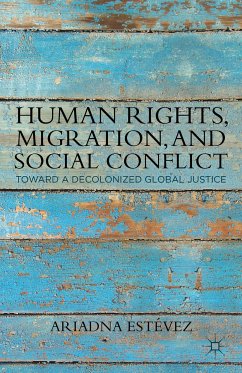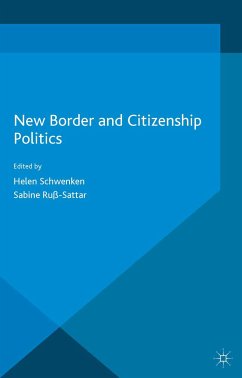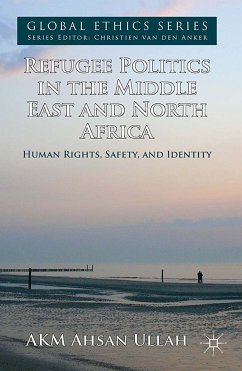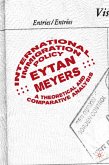Dieser Download kann aus rechtlichen Gründen nur mit Rechnungsadresse in A, B, BG, CY, CZ, D, DK, EW, E, FIN, F, GR, HR, H, IRL, I, LT, L, LR, M, NL, PL, P, R, S, SLO, SK ausgeliefert werden.
Katherine Fennelly, professor, Humphrey School of Public Affairs, University of Minnesota
"Bringing human rights to the center of state immigration policy, Estévez's critical analysis shows that states' understanding of, relationship to, and systemic denial of migrants' human rights are central to the experiences of both the population of the receiving country and, importantly, of the immigrants themselves. This is an important volume."
David L. Brunsma, professor, Department of Sociology, Virginia Tech









